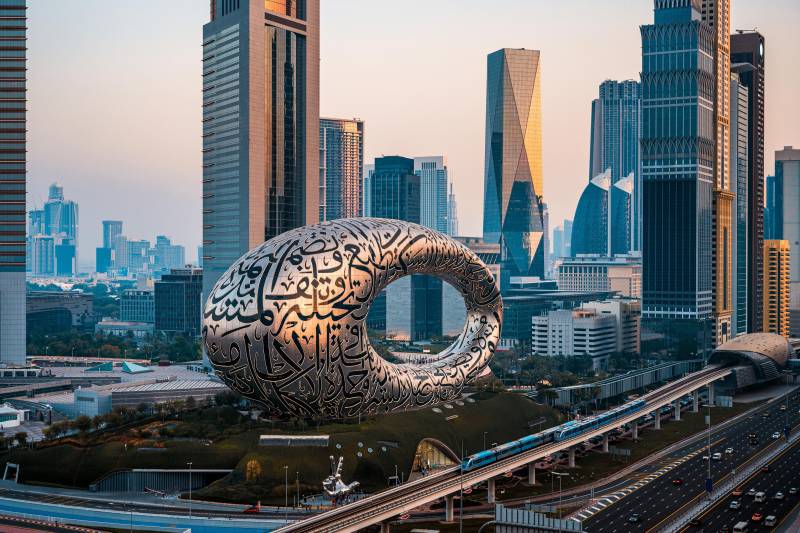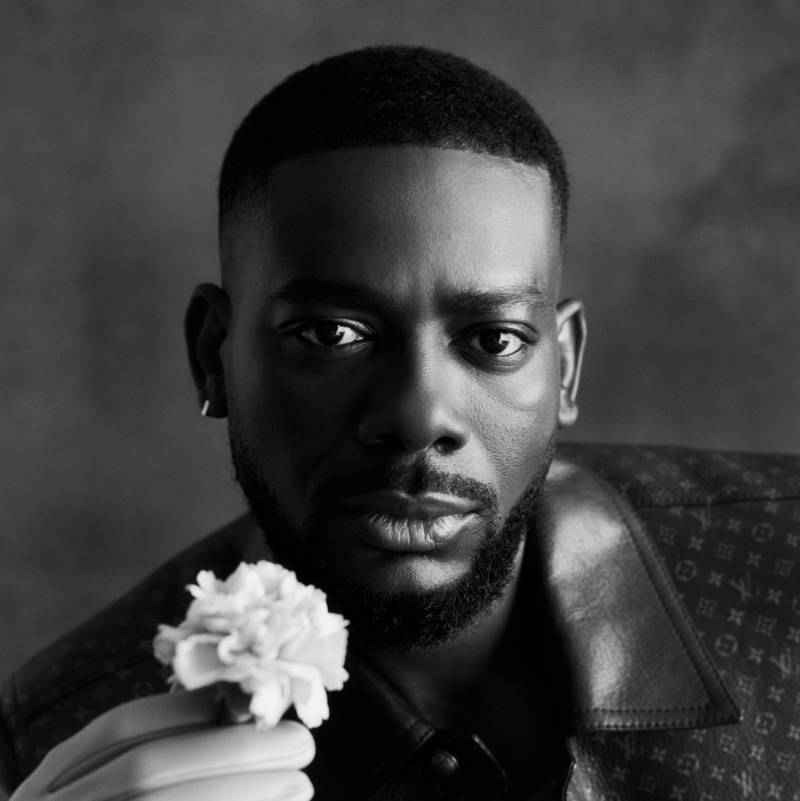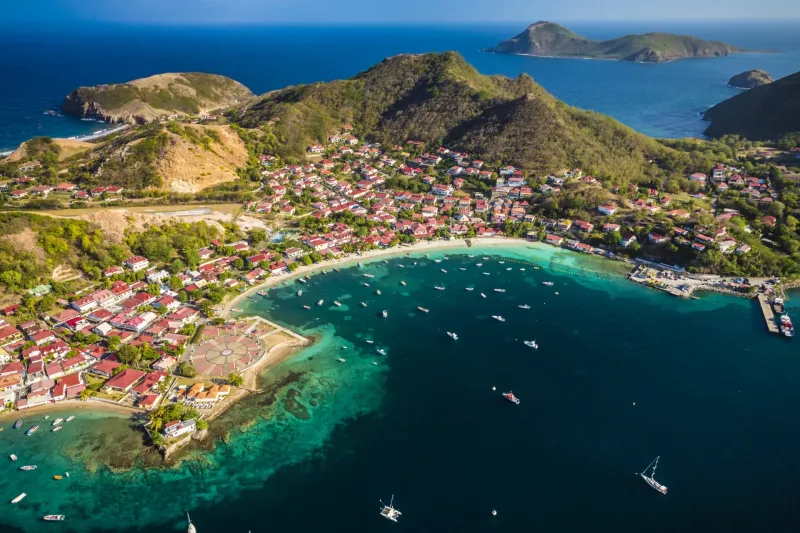After 16 years of gruelling European summits, late-light coalition negotiations and back-to-back conference calls with heads of state, Angela Merkel has vowed to spend the foreseeable future kicking back her flat black shoes and reading a few good books.
But newly emerged details of a new office in central Berlin and veiled hints in interviews suggests the world may not have seen the last of Germany’s outgoing chancellor yet.
Germany’s new chancellor, Olaf Scholz, will be sworn in at the president’s Bellevue Palace on Wednesday at noon, after which Merkel will “withdraw from political life” and “not attend any appointments for a period of months”, her long-serving spokesperson, Steffen Seibert, said last Friday.
In a video conference with parliamentarians from her Christian Democratic Union (CDU) on Tuesday, the outgoing chancellor reportedly said she would remain available for questions but not give any advice in public.
Merkel has rejected suggestions she may don a white lab coat and return to scientific research with her husband, quantum chemist Joachim, who recently extended his contract as a senior researcher at Berlin’s Humboldt University until 2022.
“I can see myself regularly speaking out about the connection between our prosperity, research and innovation – but I’m sure I won’t be doing any scientific work,” she told Reuters last month.
Since entering politics in reunified Germany in 1990, she had barely had a minute to consider what could interest her afterwards, the chancellor said at an event in September with the Nigerian author Chimamanda Ngozi Adichie.
“I want to think very carefully in the now-approaching phase of my life about the question of what surfaces in me,” Merkel said. “Do I want to write, speak, hike, do I want to be at home, do I want to travel the world?”
A move to her birthplace, Hamburg, where the chancellor was rumoured to have purchased a property in the wealthy suburb of Blankenese, were quashed on the campaign trail in September, where she assured the citizens of Germany’s north-east that Berlin and Brandenburg state would remain the centre of her life.
She would certainly not “accept the first invitation coming in just because I am scared of doing nothing”, Merkel said while accepting an honorary degree at Johns Hopkins University in Baltimore in July.
Italy’s Romano Prodi, Angela Merkel, Tony Blair, Jacques Chirac, Vladimir Putin, George W Bush, Japanese prime ninister Junichiro Koizumi, Canadian prime minister Stephen Harper, Finnish prime minister Matti Vanhanen and EU Commission Chief Jose Manuel Barroso posing for a family photo at the 2006 G8 meeting in St Petersburg.
‘She defined modern Germany’: Blair, Barroso and Prodi on Angela Merkel
Read more
Doing nothing doesn’t seem a realistic prospect, or so a document her office submitted to a Bundestag committee last month would suggest.
According to the official request that was later leaked to German press, Merkel has asked to have her future office on Berlin’s Unter den Linden boulevard staffed with nine employees, two of them office managers, two specialist assistants, three clerks and two drivers.
For comparison, her predecessor, Gerhard Schröder, worked from an office with seven employees after he lost to Merkel in 2005. Schröder, of course, rushed to leave a stain on his political legacy by taking up a job with the Russian pipeline company Nord Stream, only months after leaving the chancellery.
His predecessor, Helmut Kohl, whose old offices Merkel will take over, used his political retirement to start a company offering lucrative strategic advice and lobbying services.
Germany’s first female chancellor would find the revolving door between politics and business at least temporarily jammed: a law passed in 2015 bars holders of political high office from switching straight to lobbying for at least a year, and up to 18 months.
After catching up with reading during her self-imposed break, perhaps Merkel will find herself taking inspiration from a novel published this spring. David Safier’s crime novel Miss Merkel imagines the chancellor retiring to her dacha in the Uckermark district of Brandenburg in the north-east of the country but soon grows bored and investigates unresolved murders instead.
SOURCE : Guardian




